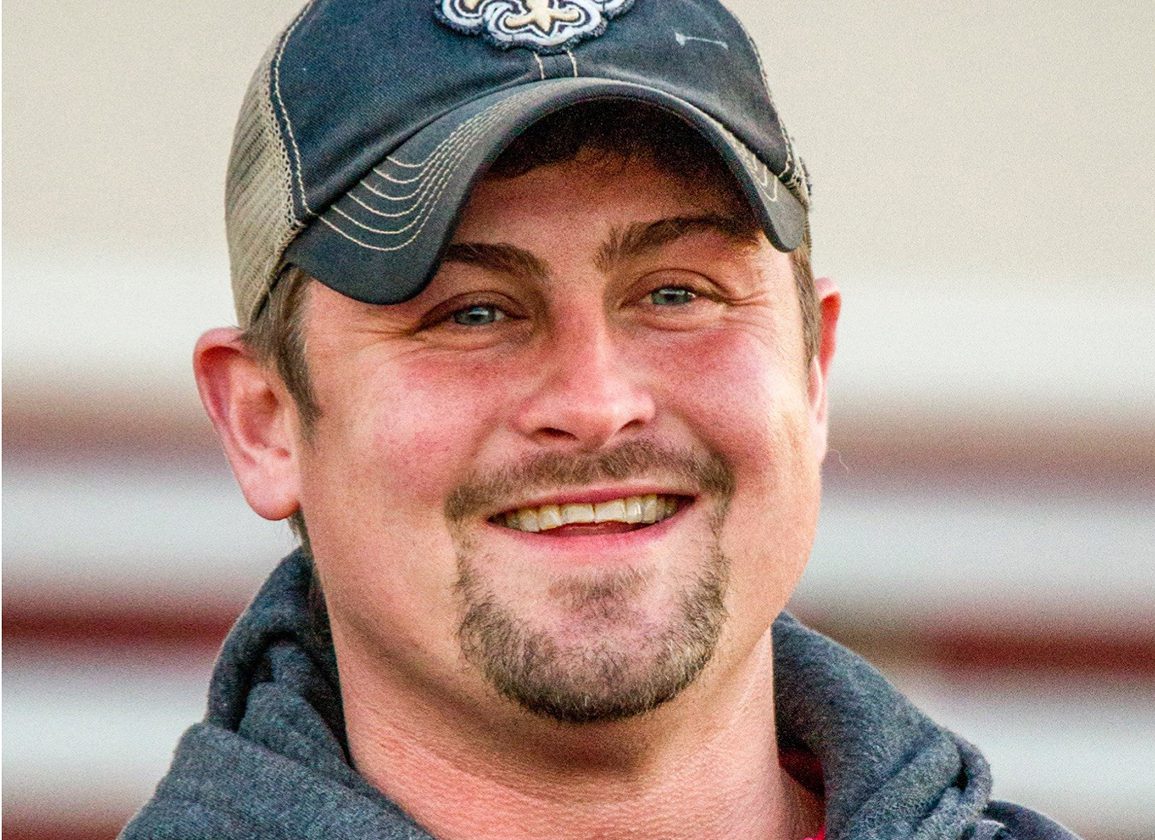By Bill Finley
On the surface, trainer Ron Faucheux could not have been doing any better. He came out of the Fair Grounds meet on Mar. 26 with his third straight training title at the New Orleans track, his 42 winners five more than Bret Calhoun and Brad Cox. He had a career best 81 winners in 2022 and his stable earned $2,066,757. But when Louisiana racing moved to Evangeline Downs last week, Faucheux was conspicuously absent from the entries. The latest horsemen to say it has simply become too difficult for a trainer to make a decent living, he is now a jockey agent, representing rider Jose Luis Rodriguez.
“Basically, the last couple of years, I was just breaking even doing what I was doing,” Faucheux said. “I love training horses, but I wasn't getting the kind of day rate trainers in places like New York and Kentucky get and our expenses are pretty comparable to their's. This was a lot of work and, in all honesty, over the last several years, I wasn't making any money doing it.”
Faucheux, 40, started training in 2009 and quickly became established as one of the top trainers on the Louisiana circuit. In 2021, he won his first training title at the Fair Grounds, finishing ahead of Steve Asmussen, Cox and Tom Amoss.
“That meant so much to me,” he said. “I was a kid growing up in New Orleans and I idolized the trainers like Asmussen, Amoss, Al Stall, Dallas Stewart. Three leading trainer titles at the Fair Grounds is three more than I ever thought I'd get.”
He had arrived, with a big stable and the type of horses that could compete at a top-tier track like the Fair Grounds. But it came at a cost. He said that the bigger his stable got the harder it became to make money. His overhead kept growing and his income couldn't keep up.
“Over the last couple of years, the prices for everything kept going up,” he said. “The more horses I got the less money I made.”
His day rate, which was $75, was a problem. He said that the trainers who come and go between the Fair Grounds and Kentucky, like Asmussen and Cox command a higher rate. But the trainers like himself who spend the entire year in Louisiana had to charge less. It was not, he said, enough.
He was able to stay focused throughout the Fair Grounds meet and secured the title with three winners on closing day. But he was already looking ahead to the next chapter in his racing career.
Rodriguez, a native of Venezuela who had been riding in Panama, came to the U.S. in August and had an immediate impact. He was 22-for-104 (21%) in 2022 and stayed hot at the Fair Grounds, where his 35 wins were good enough for sixth in the standings. Faucheux saw him as an up-and-coming rider who could be a force at Evangeline, where Faucheux was fifth in last year's trainer standings.
“My kids are getting a little bit older and I can spend a little bit more time with them being a jock's agent,” he said. “There is quite a bit of work that goes into it, but not nearly the amount of work that I was used to as a trainer. He's a good rider and he finished sixth at the Fair Grounds, his first full meet ever in the U.S. This is a good opportunity to spend more time with my family, have a little more free time and a little less stress and try this out. I'll see how it works.”
There are things about training that he misses and others that he does not.
“There's no question that I am going to miss training,” he said. “So far as the training and the horses and connections I made with my owners and the people around me, I'm absolutely going to miss that. Being an agent, I'm still a part of it. But I trained a lot of horses, had a lot of employees and there were a lot of expenses. That's all part it. So there are things I won't miss.”
Faucheux said he might train again.
“I could go back to training for the next Fair Grounds meet,” he said. “I'm not sure. Or I could never go back to training. I'm just going to enjoy this meet at Evangeline and not make any decisions until the meet is over with.”
Should he come back, winning races won't be the problem. Faucheux has won 740 in his career and his winning percentage is 23.7%. But will those numbers, as good as they are, ever translate into making a decent living? It's the problem he needs to solve.
Not a subscriber? Click here to sign up for the daily PDF or alerts.






